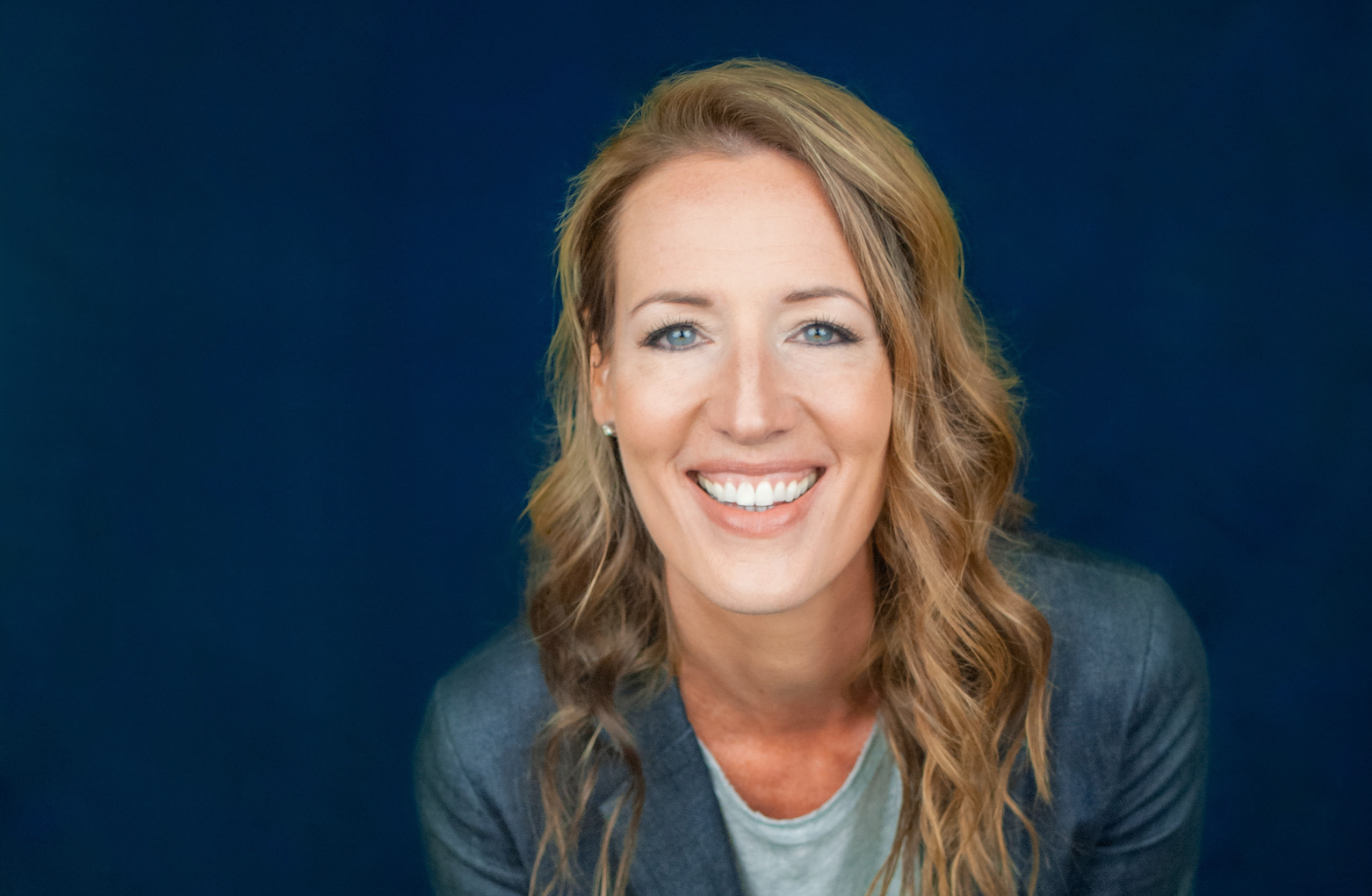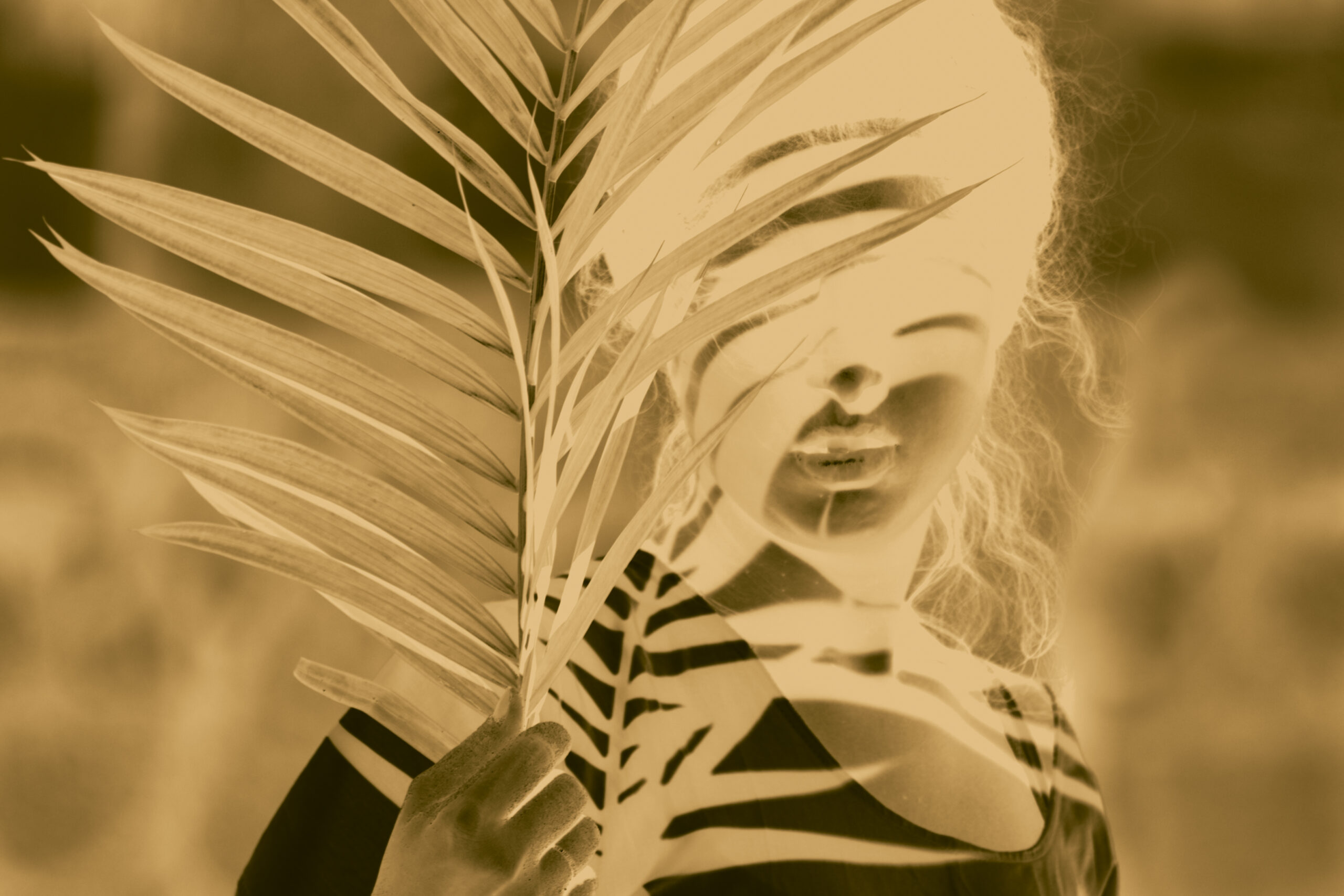We all remember the movie ‘Mean Girls’ starring Lindsay Lohan as an outcast who tries to fit in with a female clique by changing herself and covering up her past. We all know how it ended, and the bullying Lindsay’s character and many others faced in the film. But can you imagine what that movie would’ve been like had social media been as popular back in 2004 when it was released?
No need to try and picture it, we have it all laid out for you. The fiction novel ‘Populatti’ by author Jackie Nastri Bardenwerper is pretty much ‘Mean Girls’ on social media steroids. It follows the story of Livvi Stanley, who is ashamed of her past and desperately wants to fit in with her new clique of girlfriends at the school she recently moved to.
Added to the already intense pressure of high school is a social media website called Populatti, invented by one of the girls in the clicque, Crystal, who created it as a project to get into MIT. But the site took on a life of its own, creating a culture around the “popsters” who distinguished themselves from those who weren’t voted in on the site. They throw exclusive parties, they vote each other out if they aren’t getting along (oh yeah, it’s all about popularity) and they form alliances based on manipulation and backstabbing.
Sound like the worst idea ever? First off, it’s not exactly that different from what happens in real life, and second Jackie wanted to write this book for a specific reason. She chatted with us about her second novel, cyber-bullying and how social media has a huge affect on the self-esteem of teen girls and boys.
=============================================
Your book “Populatti” deals with a common issue amongst teens: bullying and the inclusion of social media. Why did you decide to write about this?
When I first decided to write about social media, I did so because I’ve always been fascinated by how social media can bring people together. But as I got writing, I realized that I had a lot more to say about how social media also can tear people apart. So I decided to switch gears a little and let the technology help me explore the way girls interact with their friends. And here I really wanted to delve into some of the bullying that often is never reported, while showing how these behaviors can be harmful.
While the lead character Livi doesn’t experience the same kind of obvious bullying we see in other settings, it is happening in a subtle way, compounded by the social media site. What kind of message are you hoping readers will get out of your novel?
There’s a lot in there to take away. First, I hope readers will think about the permanence and immediacy of social media before posting something that can harm themselves or others. Also, I think the book deals a lot with perception versus reality. So many times Livi thinks she understands the dynamics between her friends, when really she’s seeing only part of the picture. I believe this is an important message for young readers – that if a friend’s actions repeatedly don’t seem to be matching their words, then something else may be going on. And it’s okay to talk to them about it. Or question the friendship.
And lastly, I really hope young female readers will realize that Livi is being bullied throughout the novel – not just by those posting negative comments on Populatti, but by her friends. I want teen girls to realize that this behavior is not nice, normal, or something they should accept. So many times girls get themselves caught up in these cliques, receive an identity, and then go along with the backstabbing behavior that allows them to stay in the group.
The problem with this is that over time this behavior can destroy a girl’s self-esteem and self-image, even cutting them off from other interests they may have pursued if they hadn’t been assigned a position in a “group.” And it also can affect relationships later in life. Girls can grow up thinking it is okay to bully others to get their way, or never even realize they are hurting anyone when they put their self-interests above everything else, including their friends. And this can even spill over to the next generation. Think of the mom who thinks it’s okay to watch her daughter repeat the cycle.
There are many elements of Populatti that make it a fun read, but there really is a lot going on beneath the surface.
I thought it was really cool that you made Crystal the tech genius who came up with the idea of Populatti and coded it all herself. We don’t see a lot of female characters doing stuff like this, why was it important for you to make that character a girl?
You know, in my head, the tech genius for Populatti was always a girl. I never even questioned it. Some of this may have come from my own interest in coding – I’ve picked up some basic HTML from my days in marketing – and some might stem from my love of science. Growing up I always pictured myself going into the sciences, whether as a marine biologist, doctor, veterinarian, ecologist, you name it. I guess I just always loved writing a little more. Which has allowed me to continue my love of science by passing it on to my female characters.
With Crystal, I am hoping that teen girls might want to look into coding a little more themselves, because the field is so cool and definitely needs more female brainpower. Just check out the nonprofit Girls Who Code to learn more!
And even if readers decide coding is not for them, I hope they realize that they should pursue whatever interests them, no matter what the field’s stereotype, challenges or barriers to entry. Because in the end, it’s being yourself that leads to success. Conforming to anyone else’s vision of your life rarely leads to happiness.
You have a daughter of your own, how did raising her contribute to your ideas about the book?
Having a daughter really made me want to tell a story that was truthful, but still appropriate for teens and tweens. I didn’t want to glorify popularity, profanity, or include content that could be inappropriate for my youngest readers. Yet in many ways it also made me want to tell this story even more. Because unlike in many other books and movies on this topic, in Populatti, the bullying always remains subtle.
There is never any huge inciting incident that makes it easy to label who is “good” and “bad.” Instead, there’s always a lot of gray, leaving Livi to really spend some time analyzing who she should keep as a friend. This is a skill I hope I can pass onto my daughter when she gets older. Because while I want her to be trusting and loyal and generous to her friends, I also want her to be able to recognize what type of behavior doesn’t belong in a friendship.
We see a lot of news about cyber-bulling, especially with the new “revenge porn” laws which have been getting a lot of attention. In what ways do you think people need to be more responsible with social media?
I think a lot of people get into trouble when they start posting their emotions instead of stopping to think about what they really want to say. Which is why it’s always best to stop and think before putting anything in writing, whether a social media post, email or text –especially when angry or upset. Usually by allowing yourself to calm down, you can think of a clearer response. Or decide that maybe whatever you were going to write is best left unsaid, or discussed over the phone.
With regard to the new revenge porn laws, I think it is great that states are finally recognizing that the unauthorized posting of personal photos or materials is a problem. But still, only twelve states today have such legislation. And even in states that do, the legislation does not protect victims from the pain such crimes can cause. Which is why people really need to think twice before sharing personal information electronically, even to significant others and family. You never know what someone’s motivations may be now or in the future. A picture or video or post that seems harmless and funny in the moment can be devastating if it falls into the wrong hands.
What advice do you have to teens, young women and even adult women today about social media and why we should be careful?
Just use common sense. Recognize that what you share electronically with either one individual or many can be shared, taken out of context, and dug up even years later. Whatever we put online stays there – a fact we all know but which can be easy to overlook in the course of our constant electronic communication. And remember that words, videos and images can hurt others and even get you into trouble.
Think of the college roommate who catches a glimpse of the party she wasn’t invited to. Or the best friend who uses your words about another to seek revenge during a fight. Or the coworker who uses your criticism of the company to help her own advancement – at the cost of yours. Emails, texts, pictures, and recordings are all filed away somewhere. Saved moments in time that can be replayed at any time. Make sure the moments you decide to save are good ones. And not the types that can inadvertently cause others pain or open up yourself to it. Because just like in Populatti, you can never be sure of one’s motivations. Even with those you trust most.
Authorities can’t be the only ones policing social media for bullies. How do you think everyday people need to be aware of what’s going on, and how should they speak up?
This is tricky, especially since a lot of cyber-bullying may not look like bullying at all just from the posts. But I think that really everyone just needs to be a lot more transparent with social media. Here we all have these amazing profiles detailing our accomplishments, our perfect days, exciting nights out, exotic vacations and huge groups of friends. But we leave out all the negative and mundane. Not that I’m suggesting we start weighing down everyone we know with the minutia of our lives. Rather, I think everyone just needs to recognize that social media sites allow people to create facades, and that often you need to read between the lines to see the whole truth.
Which is why I would tell readers, especially teens, not to police their newsfeeds, but to be aware. If you realize from photos that an acquaintance is suddenly absent from group photos, reach out and make sure they are okay. If you witness a friend posting something questionable, call them out on it, and ask them why they feel the need to bring someone else down. In the end, I think we all need to do a better job of holding others (including ourselves!) accountable for their actions. We need to help friends recognize when they are hurting others, because many times they may have blind spots. And we need to stop being afraid to reach out to those who may be hurting. Because often just a simple text or phone call can help brighten someone’s day. And help them realize that the ones posting the most hurtful content are usually the unhappiest of all.
================================
To purchase a copy of Populatti, CLICK HERE.






















